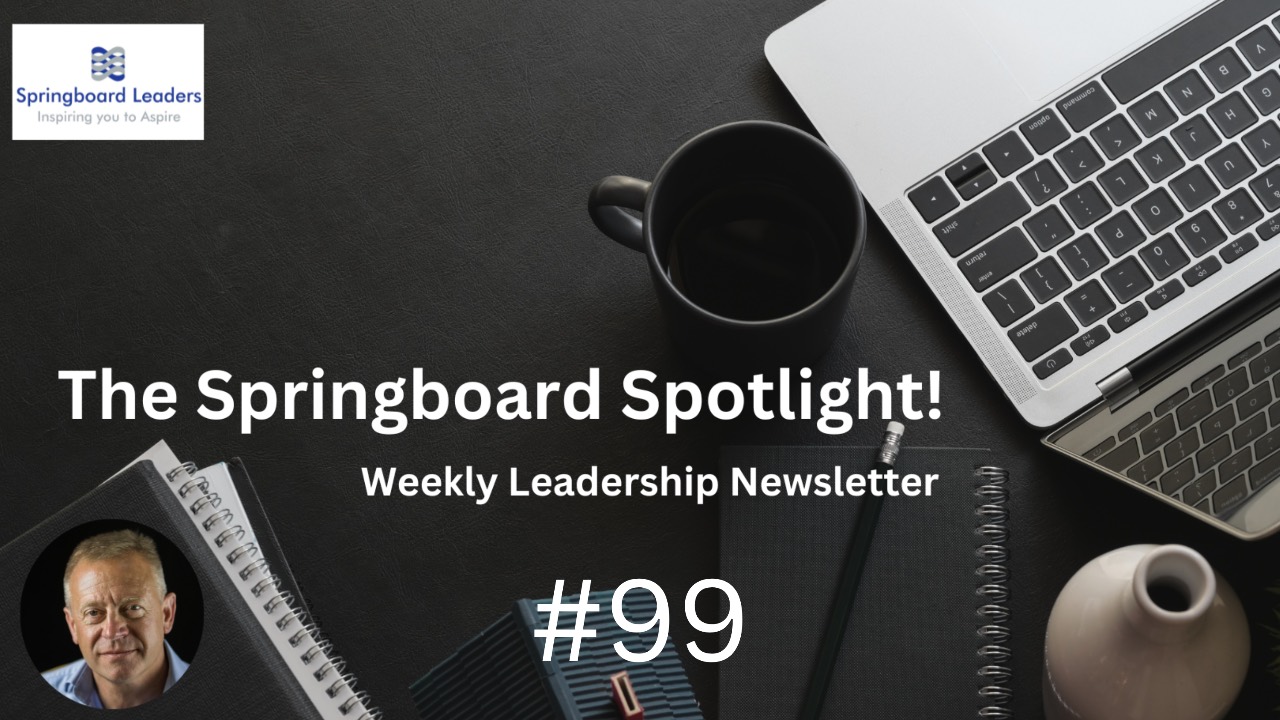#80 - Judgement Calls: Turning decisions into leadership wins!
24 Sep 25
Judgement is the ability to make sound decisions based on experience, knowledge and discernment. It blends rational analysis with intuition and values, guiding how we respond to challenges, opportunities and risks.
Strong judgement is essential for leaders, innovators, and professionals alike. It shapes trust, drives progress and ensures resilience.
This issue explores what judgement is, why it matters, and how to actively cultivate it.
What?
At its core, judgement is the process of weighing information, perspectives, and potential outcomes to arrive at a decision. Unlike raw intelligence or technical expertise, judgement reflects wisdom in action.
It involves:
-
Discernment: Seeing beyond surface details to identify what really matters.
-
Balance: Considering multiple perspectives without overvaluing one dimension.
-
Timing: Knowing when to act decisively and when to pause.
Judgement isn’t about always being right; it’s about consistently navigating uncertainty with clarity and purpose.
Why?
-
Leadership credibility - People follow leaders whose decisions consistently align with vision and values.
-
Risk management - Good judgement helps avoid preventable mistakes while taking smart risks that drive growth.
-
Adaptability - In fast-changing environments, judgement allows for course corrections without losing momentum.
-
Trust building - Sound decision-making fosters confidence among teams, clients and stakeholders.
In essence, judgement is the invisible force behind effective leadership and sustainable success.
How?
Like any skill, judgement strengthens through practice, reflection and feedback. Here are strategies to cultivate it:
-
Seek diverse perspectives: Consult different voices to broaden your view of a situation.
-
Practice reflection: After decisions, review what went well and what you would change.
-
Learn from mentors: Observe how seasoned leaders weigh trade-offs and apply their insights.
-
Stay curious: Read widely, ask questions, and explore unfamiliar disciplines.
-
Balance data & intuition: Use evidence to inform choices but trust your instincts when information is incomplete.
-
Build decision muscles: Start small, and practice making thoughtful choices in low-stakes contexts to prepare for bigger moments.
In Summary
Judgement is more than decision-making, it’s the art of applying wisdom to action. It requires discernment, balance, and adaptability, and it shapes how others perceive your leadership.
By seeking diverse inputs, reflecting on outcomes, and practicing deliberate decision-making, anyone can strengthen their judgement.
When cultivated, this quality becomes a cornerstone of influence, resilience, and lasting impact.
Have a great week!
Whenever you're ready, here's how I can help you:
- Resources - Reading is an essential component to developing your own authentic leadership style. Check out my resources page for really inspiring books which I have found invaluable within my own leadership journey,
- Springboard Store - Check out my store where you will find a mixture of FREE and paid products.
- Leadership Skills Evaluator - If you are an experienced leader, how do you assess if your current skillset is up to date, or if you have any gaps? Or understand if it is developed enough to equip you for the next two roles? This is where the Leadership Skills Evaluator comes in. Answer 30 questions spread across 10 key leadership areas to assess your current capability. It's absolutely FREE to take the assessment, and you will receive a personalised report delivered immediately into your Inbox on completion!




Responses